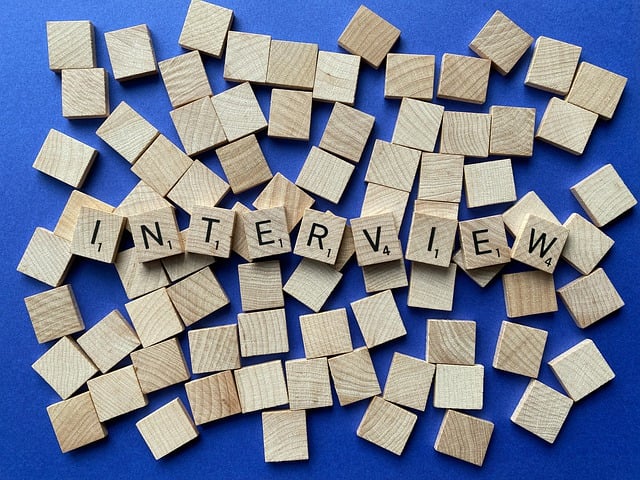
Top Mistakes to Avoid in a Job Interview for a Successful First Impression
Job interviews can be life-changing moments that open new career opportunities. However, even the most qualified candidates can sabotage their chances by making avoidable mistakes. Here’s a guide on these crucial errors and how to avoid them along with some key insights for acing your next interview.
Talking Negatively About Your Previous Employer
One of the biggest red flags for hiring managers is a candidate who speaks poorly about past employers or colleagues. Even if you had a genuinely difficult experience, airing grievances in an interview reflects more on you than on your former workplace. It raises concerns about your professionalism, attitude, and ability to handle conflict constructively. You may seem unprofessional and possibly difficult to work with and it suggests that you may speak poorly about your new employer in the future.
Tips:
Instead of focusing on the negative aspects of your previous job, emphasise what you learned from the experience or how it helped you grow. For example, if asked why you left a previous position, you could say, “I’m looking for new challenges that align more closely with my career goals and passions.”
Example Answer:
“While my last role provided me with great opportunities to develop my skills, I’m excited to find a position that allows me to grow further and make a greater impact in a company like yours.”
Going into the Interview Without Researching the Company or the Role
Walking into an interview with no knowledge about the company or a clear understanding of whether the role is a good fit is another common misstep. It shows a lack of genuine interest and preparation, making you appear less serious about the opportunity.
It signals to the interviewer that you haven’t taken the time to prepare or care enough to learn about their organisation and it can lead to awkward moments when you are unable to answer simple questions like, “What do you know about our company?” or “Why do you want to work here?”
Tips:
Be sure to visit the company’s website to understand their mission, values, and products or services. Read recent news articles to learn about any major achievements or challenges they’ve faced.
Carefully review the job description to know what the position entails and consider how your skills and experiences align.
Use your research to craft insightful questions about the role, company culture, or upcoming projects.
Example Questions to Ask:
“I saw on your website that you recently launched a new product/service etc. How do you see this impacting your future growth?” “What are the biggest challenges facing the team I’d be working with, and how can someone in this role help address them?”
Other Common Interview Mistakes to Watch Out For
In addition to these major errors, here are a few more interview blunders to avoid:
Being Unprepared for Common Questions: Take time to practice responses to typical questions, like “Tell me about yourself” or “What are your strengths and weaknesses?” Using frameworks like the STAR method (Situation, Task, Action, Result) can help you deliver clear and impactful answers.
Lacking Confidence or Overcompensating with Arrogance: Finding the right balance is key. Practice good posture, maintain eye contact, and speak clearly. Be sure to convey confidence without coming across as arrogant or dismissive.
Forgetting Non-Verbal Cues: Body language matters. Avoid fidgeting, crossing your arms, or looking disinterested. A warm smile and a firm handshake can make a great first impression.
Neglecting to Ask Questions: Not asking questions when given the chance can make you seem uninterested. Prepare thoughtful questions that demonstrate your enthusiasm and curiosity about the role.
Interviews are as much about demonstrating your fit for the company as they are about showcasing your skills. Consider sending a simple thank-you email after the interview, which can set you apart from other candidates. Use it as an opportunity to reiterate your interest in the position and highlight a specific point discussed during your conversation.
Remember to stay positive, prepared, and engaged, and you’ll be well on your way to impressing your future employer. Good luck!
